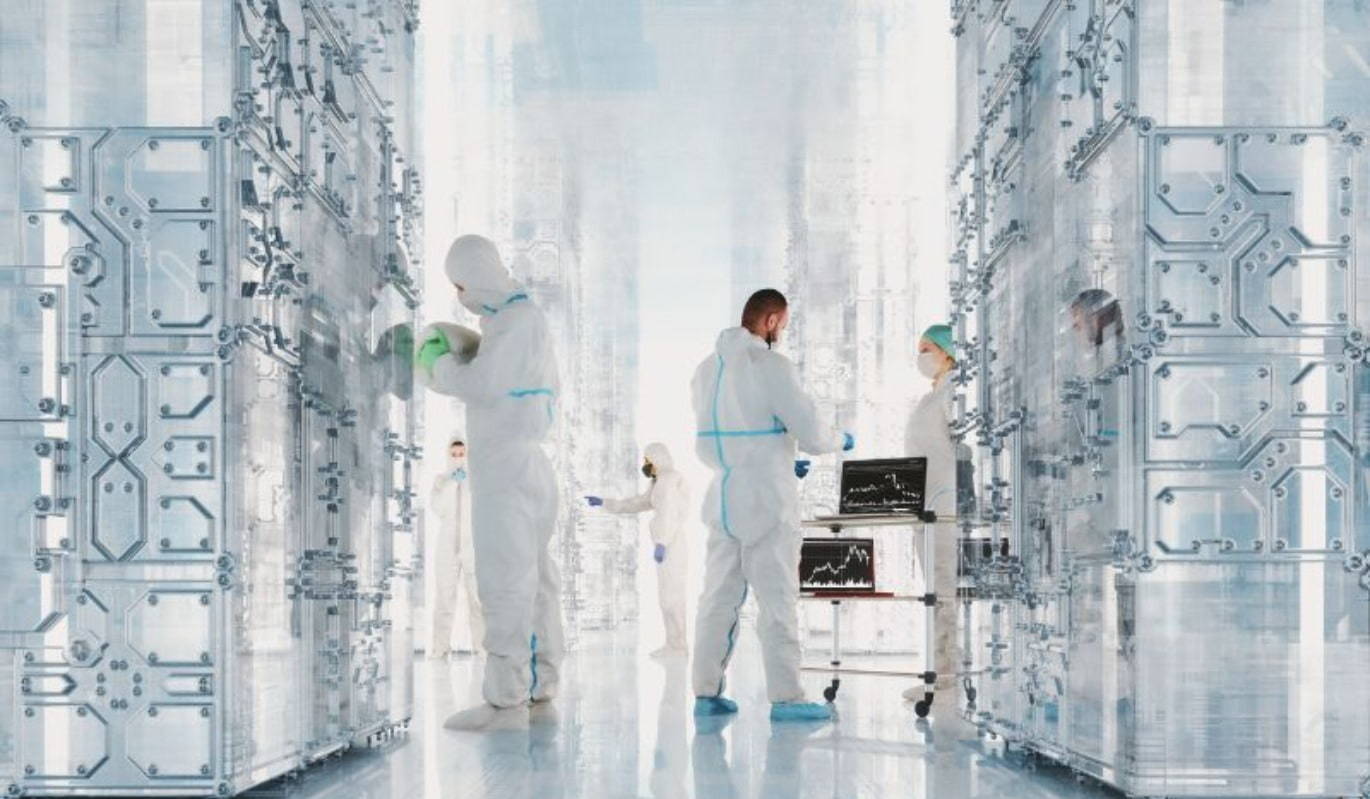
We round off 2023 with a brief examination of one of our favourite subjects: technology—specifically, the tech trends that we believe will be the big talking points next year. The greatest impact on industry and on our lives as a whole will probably come not from any one technology, but from the convergence of many.
Here are the technologies that we’ll be watching especially closely, as they continue to redefine how we live, work and connect with the world around us.
Batteries
For a long time, batteries were a bit of an impasse to the widespread adoption of next gen vehicles. But globally, governments and manufacturers recognise the need to enhance battery performance while lowering costs, and sustainable propulsion is critical for economies and the environment.
So it seemed inevitable that breakthroughs would occur soon enough, and as LFP (lithium ferro-phosphate) and NMC (nickel manganese cobalt) batteries become standard in electric vehicles, new technologies like cobalt-free (sodium-ion) and solid-state batteries are being researched. These innovations are likely to advance in 2024, offering higher energy densities at potentially lower costs, reducing reliance on legacy materials while promising increased lifespan and safety. Despite some negative noise about EVs in 2023, they’re not going away. Speaking of which...
Bidirectional charging
Vehicles are increasingly seen as versatile energy storage devices, and bidirectional charging allows car owners to transfer energy from a vehicle to a range of other destinations as required. Vehicle-to-grid (V2G) technology could transform power grid operations, while vehicle-to-home (V2H) charging will allow EVs to power homes or businesses. Vehicle-to-load (V2L) technology allows EVs to power appliances or other EVs. We expect electric vehicles to significantly impact how power is stored and distributed on a large scale, and for this to be front of mind for many manufacturers in the foreseeable future.
Quantum Computing
Quantum computers use the laws of quantum physics to perform vastly complex computations very quickly, enabling them to solve problems that traditional computers can’t. Quantum computing will have increasingly widespread real-world impact in 2024: it’s already been used in various fields, with MIT researchers using it to solve an airline routing problem in 2022. Its application in areas like battery design, supply chain optimisation and drug development place quantum computing at the forefront of globally-significant technologies; McKinsey anticipates that the sector will be worth almost $1.3 trillion by 2035.
AI
Surely the biggest tech story of 2023, AI will continue to generate headlines (in both senses!) in 2024. According to McKinsey, generative AI will mostly be used by businesses for customer operations, marketing, software engineering and R&D.
The technology can already simplify complex tasks like navigating tax codes, summarising legal documents and developing software, with many professional coders already relying on Microsoft Copilot. Generative AI will bring significant productivity gains for employers, helping to enhance the performance and productivity of professionals in many fields.
Carbon Capture
It’s not often that predictions for the success of “green” initiatives get revised upwards. Nonetheless, CO2 capture—the science of trapping emissions from power plants and heavy industry and storing it underground—is arguably going better than expected (though still beset by challenges, it must be said). The International Energy Agency, at least, has revised upwards its forecast for the amount of CO2 that will be captured by 2030, and the process has attracted significant investment from the US and EU.
Emerging solvent technologies are now more energy-efficient for CO2 capture and storage, and solid sorbents are being developed for their cost-effectiveness and enhanced CO2 selectivity. Improvements in membrane technology will allow us to more effectively filter CO2 from gases, enhancing efficiency and scalability.
We expect the pace of change to increase in these (and other) sectors next year, and we’ll see the impact of many of these technologies interacting, requiring an influx of engineers who are tech-savvy in a new way.
What caught our attention this month
Something else we’ll be watching closely in the future is the metaverse: a “synthetic virtual environment that’s still grounded or parallel to the real world,” while 5G will have massive implications for individuals and businesses.
In slightly more prosaic news, the city of Paris aims to drive large SUVs out of its centre by increasing parking fees for heavy cars; the city has plans for a local referendum on the place of SUVs in the capital early next year.
From us to you...
Thanks to all our readers for being a friend to Gerrell & Hard this year. As ever it’s been a privilege to do what we do, and we wish you all the best for a peaceful and prosperous 2024.

